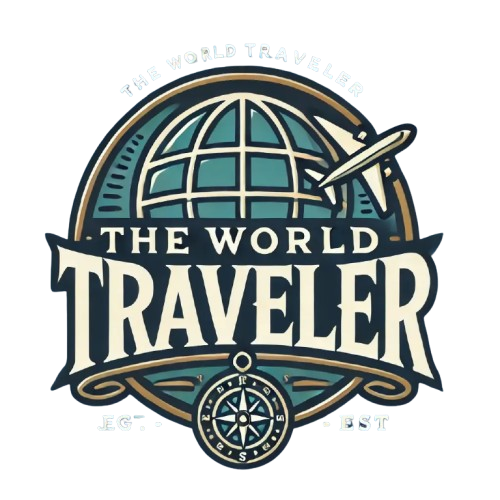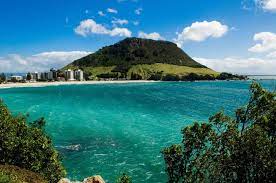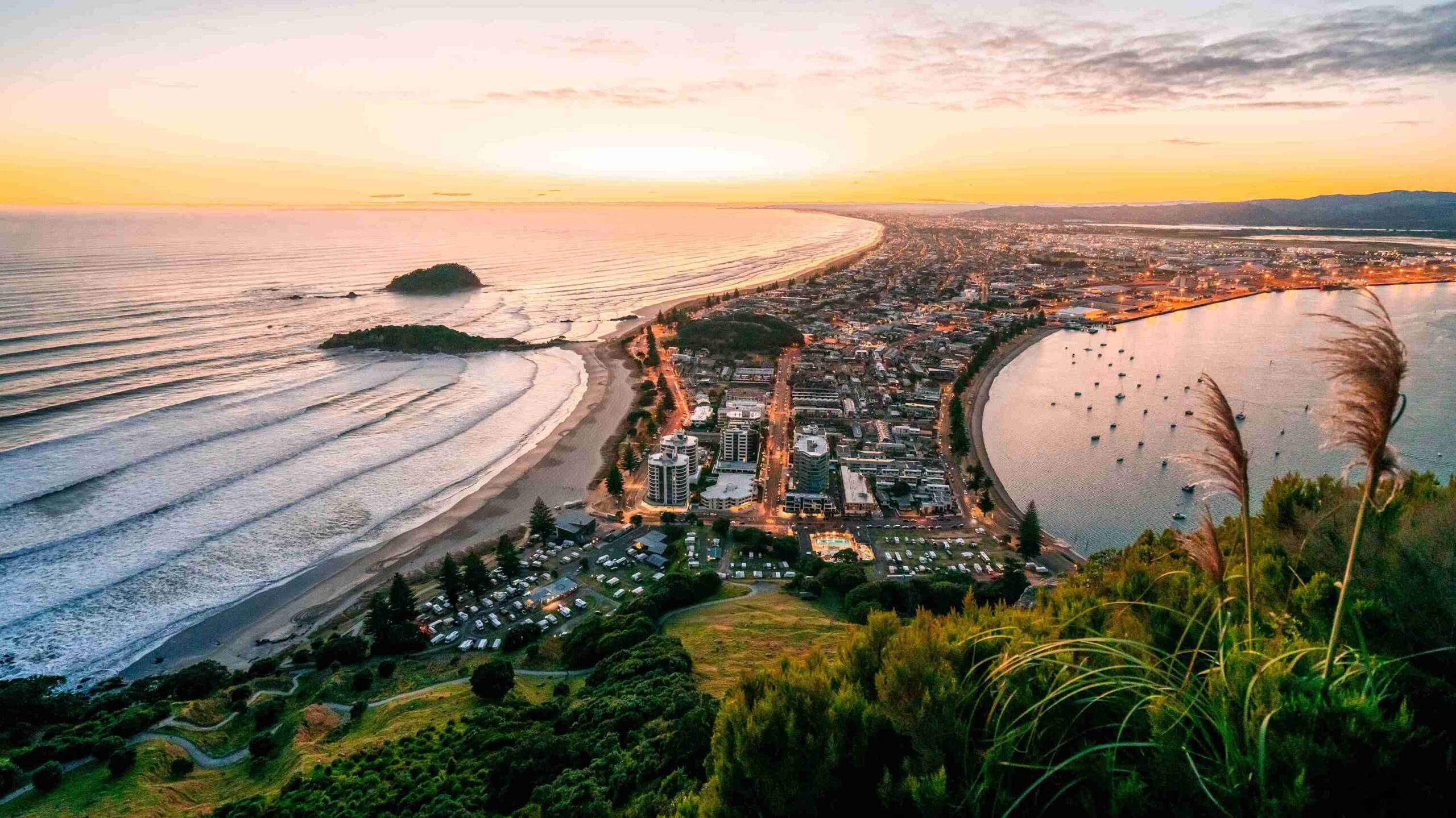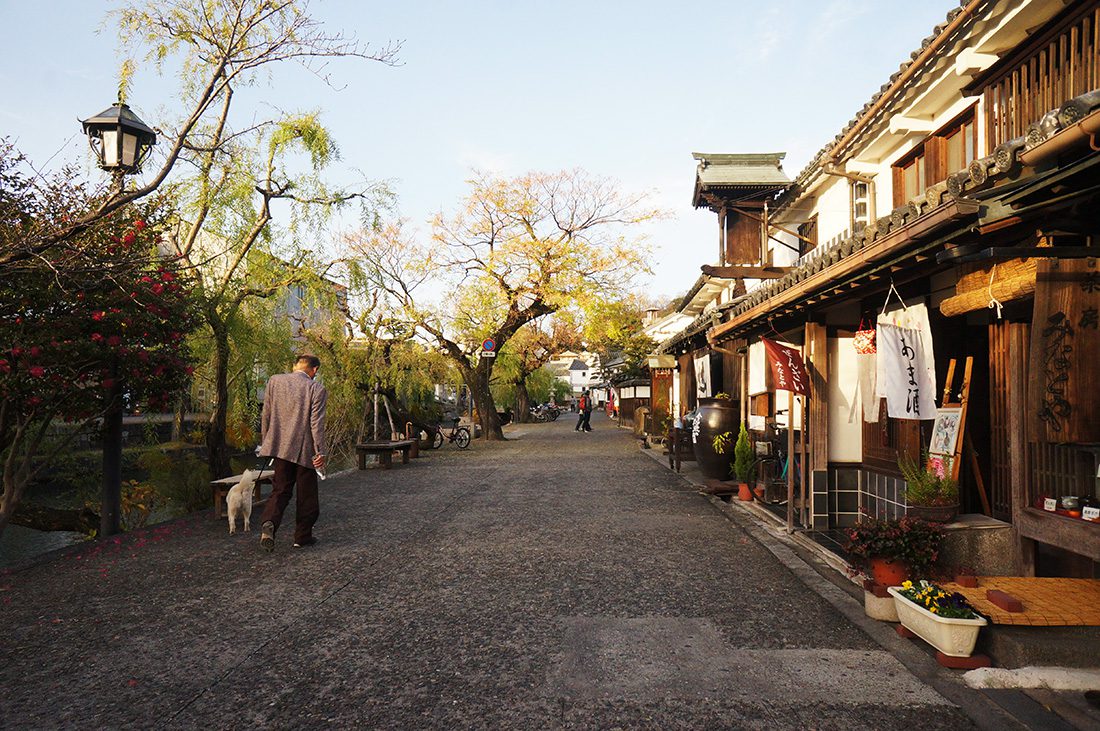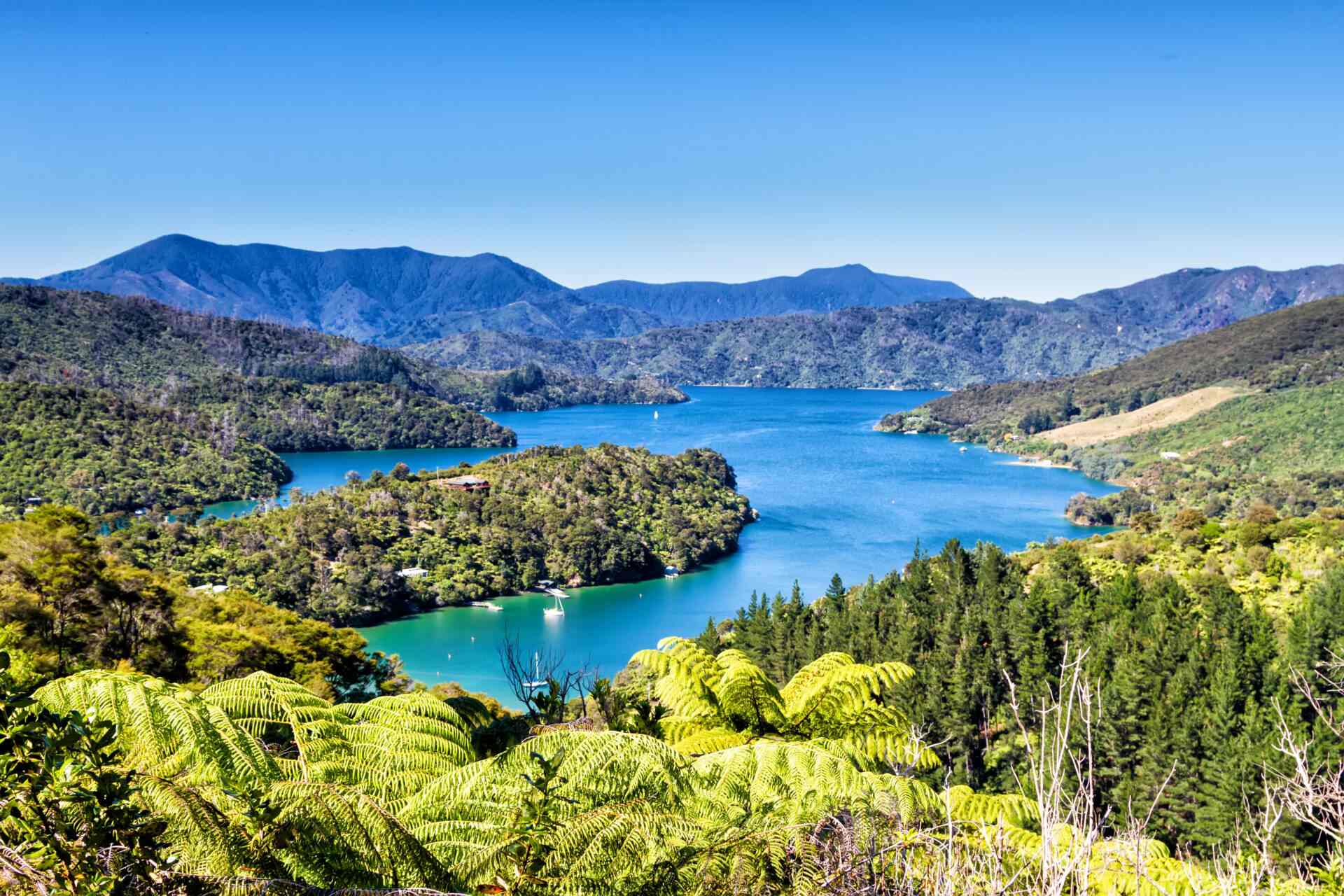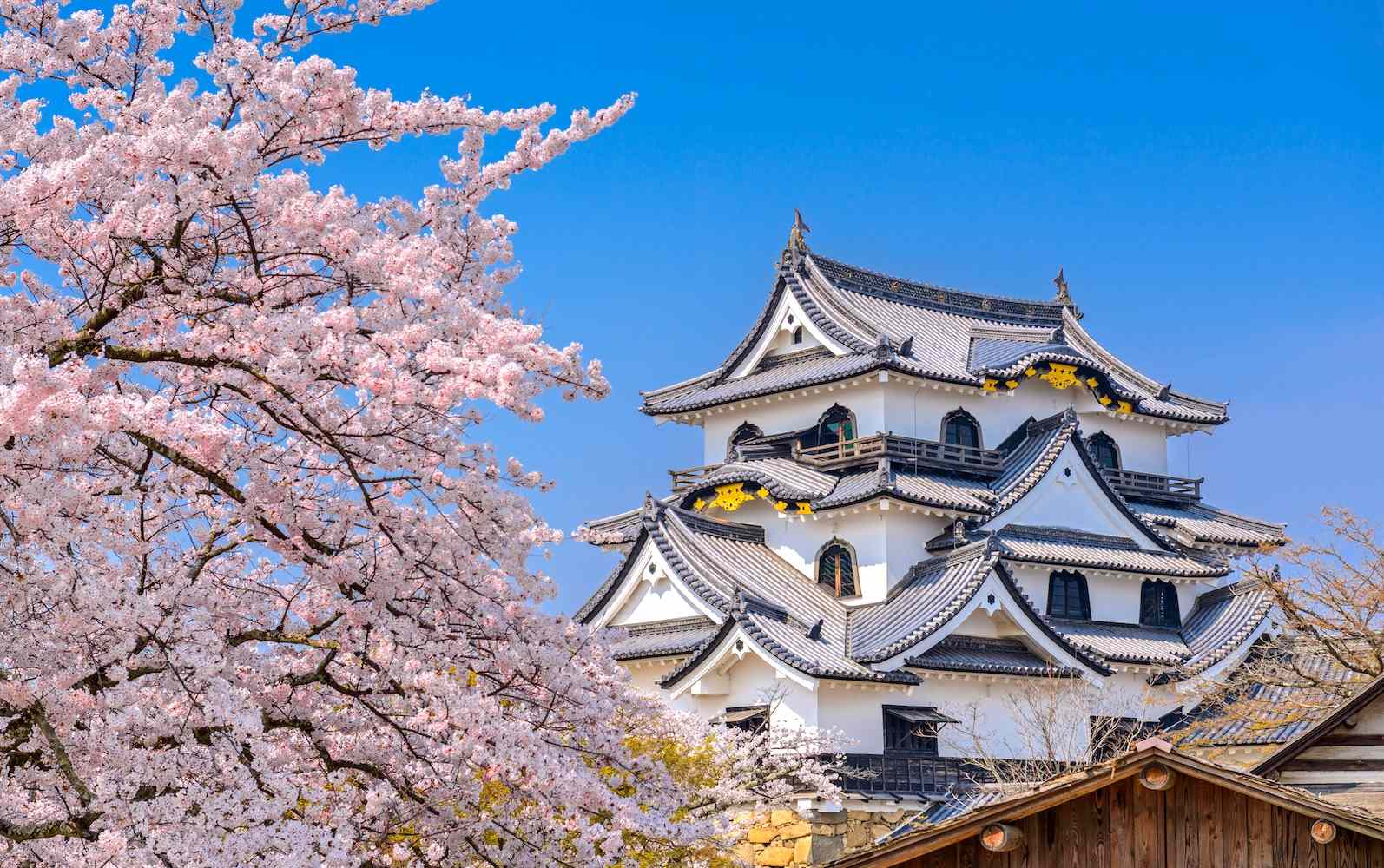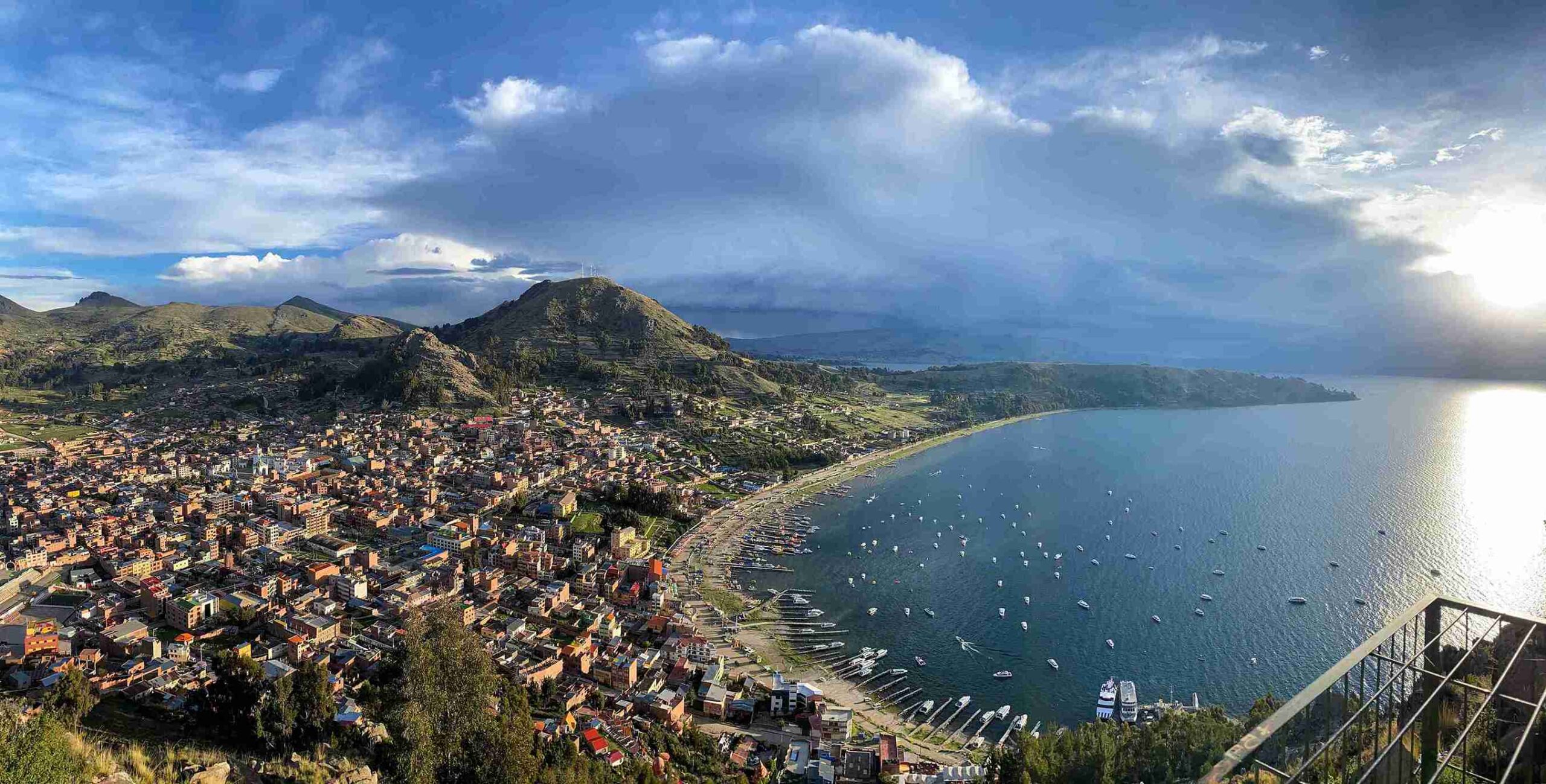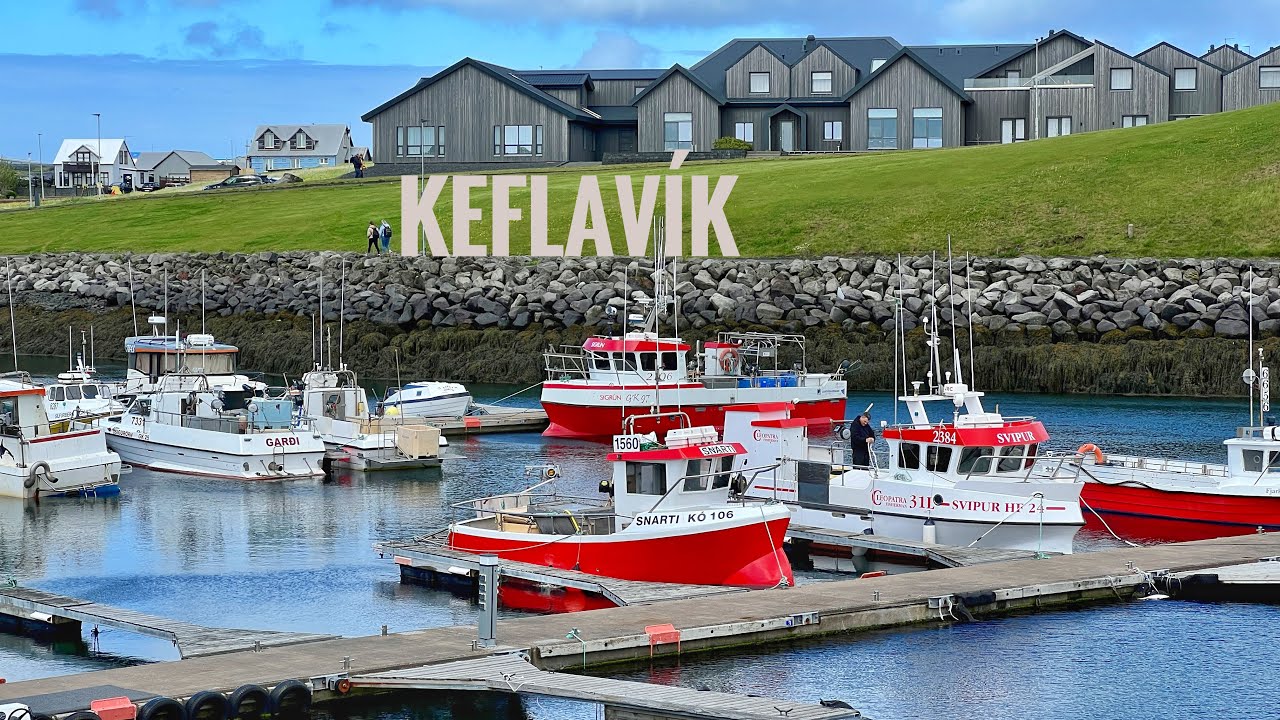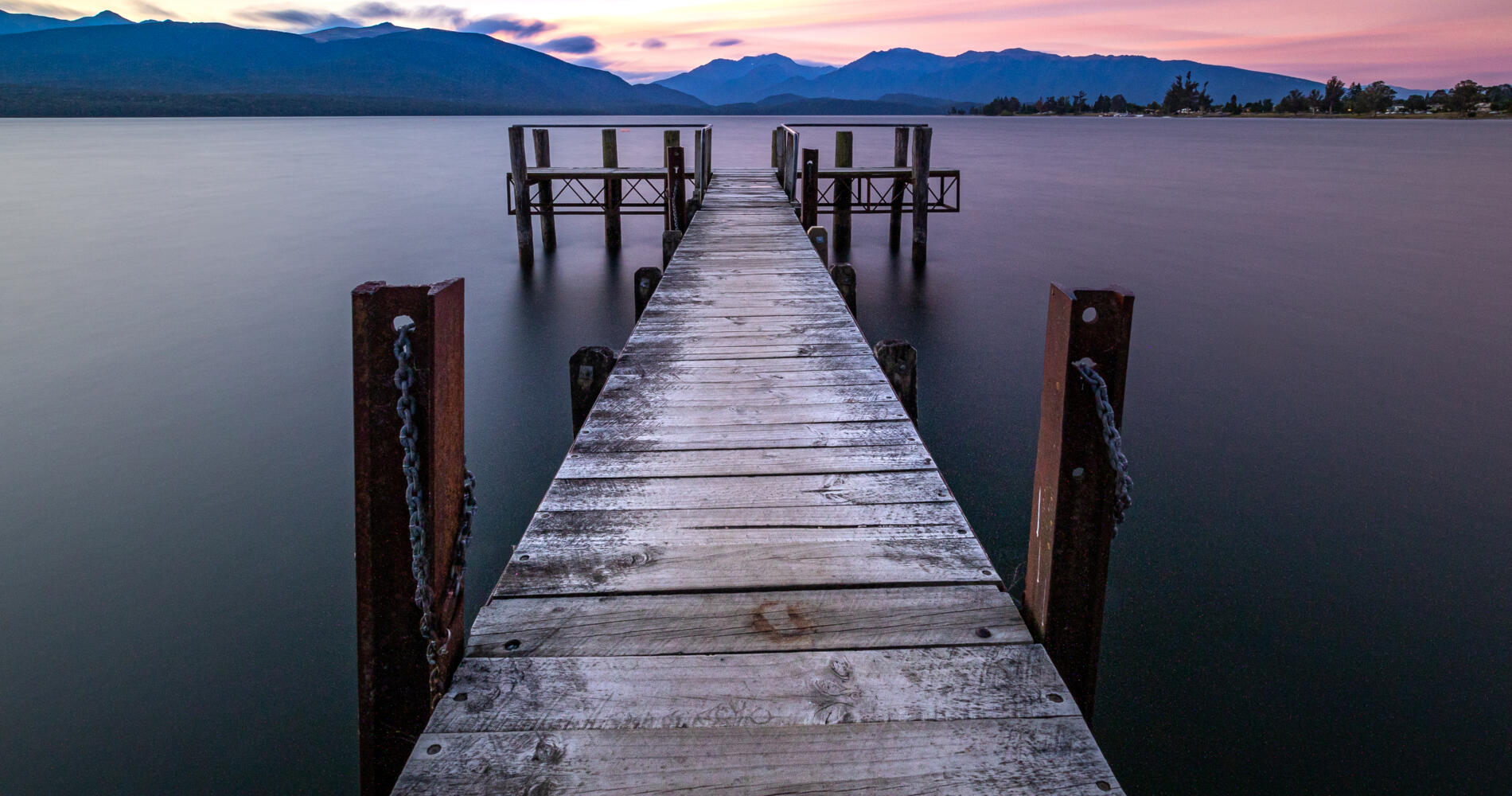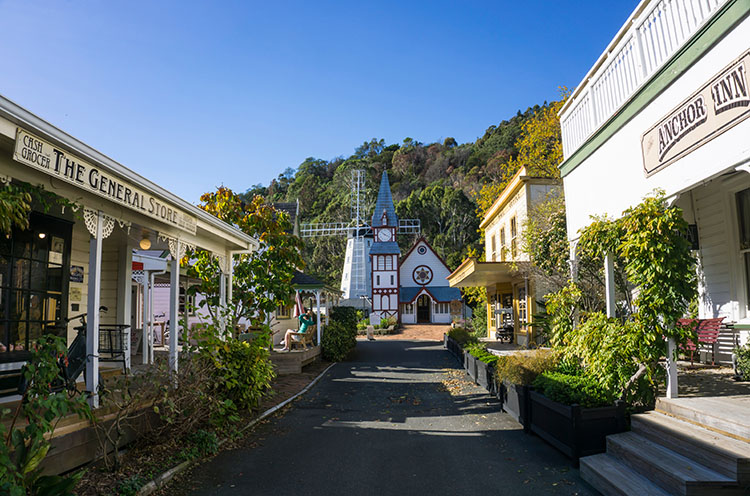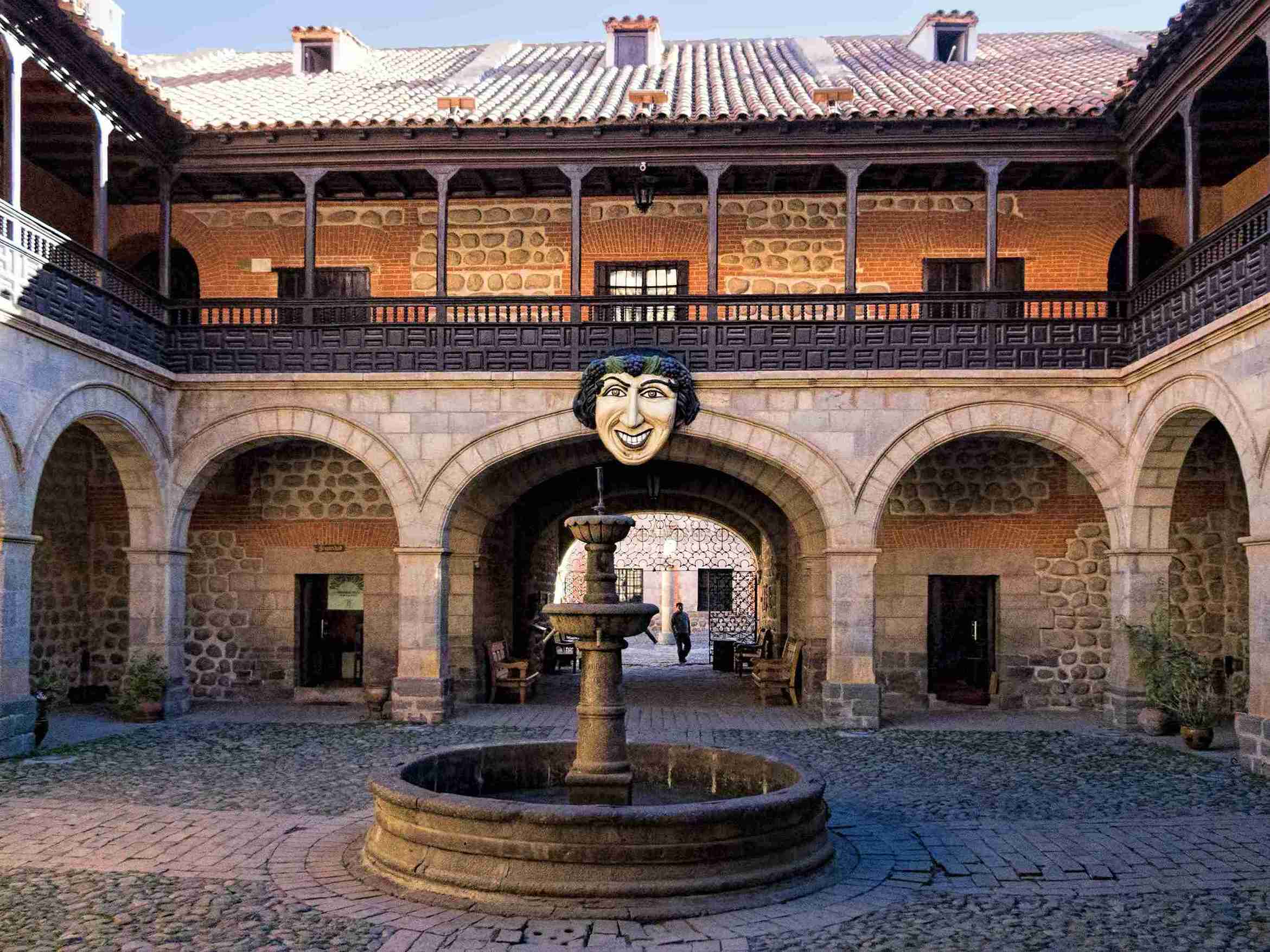Muharraq, Bahrain – Travel Tips
Category
Categories
Popular Articles
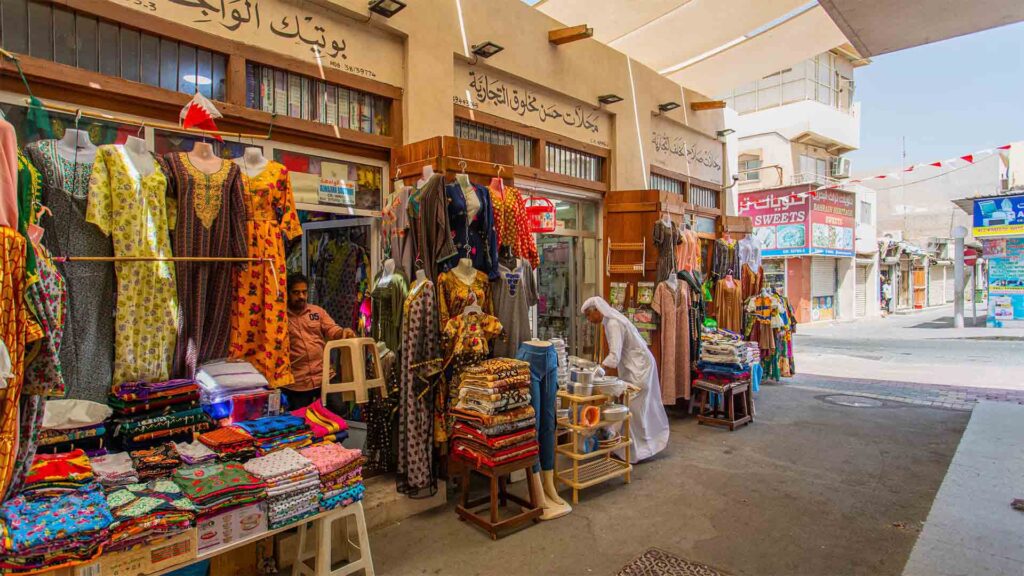
**Overview of the Destination**
Welcome to Muharraq, the third-largest city in the Kingdom of Bahrain! Known as the Kingdom’s historical heart, Muharraq is brimming with age-old traditional houses, winding narrow alleyways, and a thriving arts scene punctuated by galleries and performances. Its rich history as a former capital contributes to its profound cultural values. The pearling heritage of Muharraq, phased out by the introduction of cultured pearls, stands at the core of the city’s identity today. The Muharraq Pearling Trail, a UNESCO World Heritage Site, is a testament to this history. Concisely, Muharraq is the location to go if you’re interested in immersing yourself in Bahraini culture and history.
**Best Time to Visit**
Muharraq experiences a desert climate, which means summers (June to September) can be extremely hot and humid. The best time to visit is during the winter months, mainly December to March, when temperatures range from a mild 15 to 20 degrees Celsius. This is also peak tourist season. Should you prefer, you could also visit during the shoulder seasons of autumn (October-November) and spring (April-May), when the weather is pleasant, and there are fewer tourist crowds. Bahrain International Music Festival, a major event in the kingdom featuring musicians and performers from all over the world, usually happens in October.
**Climate & What to Pack**
You can expect long, scorching summers and short, mild winters. Packing lightweight, breathable clothes such as linens and cotton for the summer months is wise. Carry an umbrella, sunglasses, and sunscreen to protect yourself from the sun. For the cooler winter months, pack a few warm layers and a light jacket. Since Bahrain is predominantly Muslim, remember to dress modestly, particularly when visiting religious sites.
**Getting There**
Bahrain International Airport, situated only 3 km from Muharraq, serves as the main entry point for international travelers. Prepaid taxis and ride-sharing services like Uber are available from the airport to Muharraq. Bahrain offers a visa-on-arrival facility for many nationalities, but it’s recommended to check the latest visa policies before planning your trip.
**Getting Around Locally**
Muharraq is relatively small, which makes it easy to explore on foot. Taxis, ride-hailing services, and local buses are readily available for longer routes. If you’re comfortable with driving in a foreign country, you might consider renting a car since driving around Bahrain is pretty straightforward.
**Safety Tips**
Muharraq is generally safe with low crime rates. However, like anywhere else, it’s wise to take typical precautions like not flashing expensive belongings and ensuring you know where you’re going, especially at night. Be mindful of cultural etiquette and customs, particularly in terms of dressing appropriately.
**Top Things to Do & See**
Explore the Pearling Trail, a chain of historic homes and buildings offering a glimpse into Muharraq’s intriguing pearling past. Don’t skip the Bin Matar House, the Abdullah Al Zayed House, and the Shaikh Isa bin Ali Al Khalifa House. For arts and culture, visit the Dar Al Muharraq and Bu Maher Fort. To soak in the city’s vistas, take a relaxing walk along the Muharraq beach promenade.
**Where to Stay**
Muharraq caters to a range of budgets. For luxury stays, check out the Sea Loft Boutique Chalets. Mid-range options like The Dragon Hotel And Resort are comfortable without breaking the bank. For budget travelers, Aradous Hotel provides decent facilities at a low cost. The city’s heart is a great place to stay with easy access to many major attractions.
**Food & Local Cuisine**
Muharraq is a food-lover’s paradise where notable local dishes include Machboos (a spiced rice dish) and Muhammar (sweet rice served with dates). Traditional Bahraini cafes serving tea, Arabic coffee, and pastries line the streets. Try Saffron by Jena for an authentic Bahraini breakfast or Basta 23 for a modern spin on local cuisine.
**Cultural & Practical Tips**
The local currency is the Bahraini Dinar (BHD). Most people speak Arabic, but English is widespread. Tipping isn’t compulsory but appreciated. Power plugs are type G, the same used in the UK, and the standard voltage is 230V. Wi-Fi is available in most places.
**Sustainable or Responsible Travel Tips**
Respect the local culture and traditions. Focus on the green initiatives Bahrain has undertaken and support eco-friendly businesses where possible. Be mindful of water usage as Bahrain is predominantly a desert region.
To conclude, my personal tip is to take the time to experience Muharraq’s vibrant and diverse local culture. Connect with locals, explore off the beaten track, and immerse yourself in a unique blend of history and modern life. There’s truly no place like Muharraq. Enjoy your trip!
